Isabel Cacacho
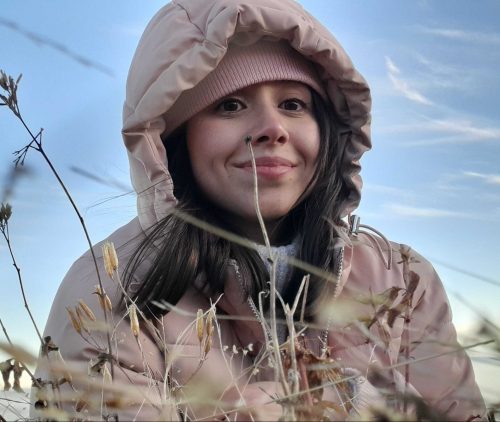 Ph.D. Candidate
Ph.D. Candidate
Email: ana.lopez@ufl.edu
I am a passionate biologist interested in entomology, molecular biology, physiology, genetics, and bioinformatics. My research has centered around different arthropod taxa, focusing on questions associated with the development of adaptations. Currently, I am working with moths and their ability to sequester toxins from plants.
David Cheng
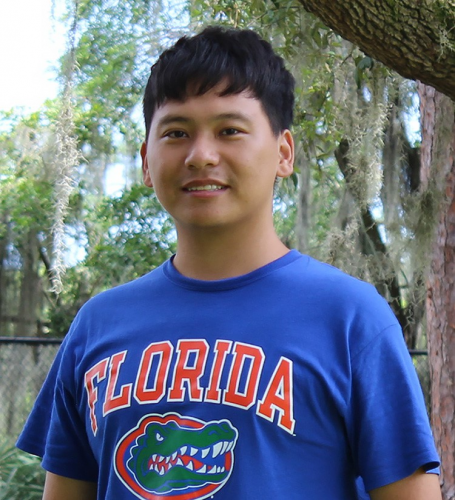
Ph.D. Student
Email: chungte.cheng@ufl.edu
ResearchGate
I am a PhD student in the Kawahara Lab, and my research interests largely rely on phylogenetically related topics. Currently, my work specifically focuses on reconstructing the phylogeny of bagworms (Lepidoptera: Psychidae), while addressing how and when sexual dimorphism and wing loss appeared throughout the evolutionary history of the family. I am also interested in developing interdisciplinary skill sets such as AI and CT scanning to extrapolate the evolutionary and biological questions of Psychidae. I also teach the Principles of Entomology Lab (ENY3005L/5006L) in the Department of Entomology and Nematology, University of Florida.
Scott Cinel
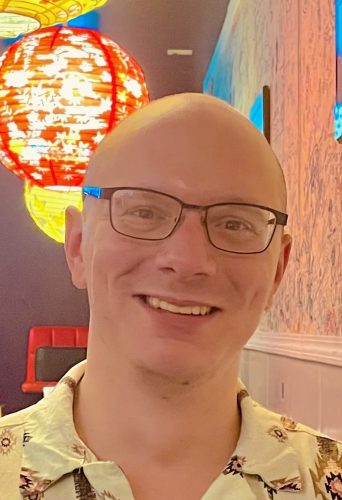 Ph.D. Student
Ph.D. Student
Email: cinel1@ufl.edu
Website
Instagram
My research focuses on the influence that predators have on the physiology and life-history traits (i.e. developmental, reproductive, etc.) of their prey, through what are called ‘non-consumptive effects’ or what I like to refer to as predator-induced stress responses. For my masters and doctoral work, I have specifically studied how moths equipped with ultrasound-sensitive ears respond physiologically to hearing playback of recorded bat foraging and attack calls and have used gene expression experiments to identify the genetic machinery underlying this predator-induced stress response in the brains and reproductive tissues of adult corn earworm moths.
Jahir Rayhan
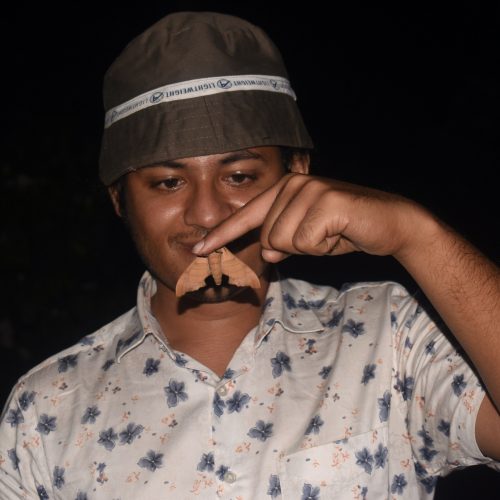
Masters Student
Email: mdjahirrayhan@ufl.edu
After working as a research scholar in the Kawahara Lab, I enrolled in a Masters degree program at UF’s School of Natural Resources and Environment (SNRE). My research primarily investigates the evolution of silk fibers in Lepidoptera, alongside employing CRISPR technology for Lepidoptera species identification. I am deeply passionate about evolutionary biology and have a keen interest in the philosophical aspects of biological science. My enthusiasm drives me to explore the intricate relationships between organisms and their evolutionary adaptations. I am eager to contribute to our understanding of these fascinating topics through my work and future studies.
Rachel Walsh
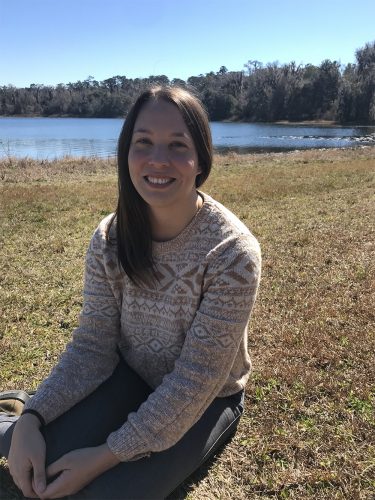
Ph.D. Candidate
Twitter: @swamp_lily
Email: rachel.walsh@floridamuseum.ufl.edu
I am a Ph.D. candidate interested in using ecological genomics, population genetics, and niche modeling to guide conservation of imperiled butterflies. My current research focuses on an imperiled, Florida endemic butterfly, the Loammi skipper (Atrytonopsis loammi), examining population structure, habitat suitability, and responses to environmental change with the goal to inform management and aid recovery.